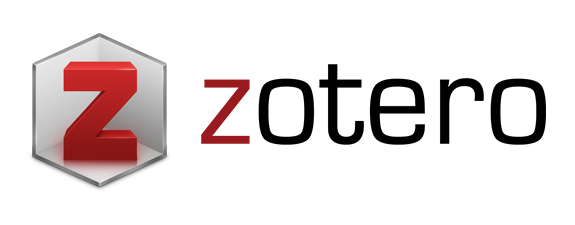REPOSISI TINGKAT KEHARAMAN RIBÂ BAGI TERWUJUDNYA KEADILAN EKONOMI DALAM PERSPEKTIF AL-QUR’AN DAN HADIS NABI SAW
DOI:
https://doi.org/10.32678/holistic.v1i1.885Keywords:
Perbankan konvensional, Sistem bunga bank, bayt al-mâl umat Islam, zakat, lembaga consulting bagi debitur, pengaruh sistem kurs mata uangAbstract
The research question to be dealt with here is, what factors cause Bank interests of conventional Banks regarded as harâm from the perspective of Islam? I conducted the method of Semantic exegesis which relates to the topic, i.e. economics. The interest system of modern economics, according to al-Qur’an and prophetic traditions, can be regarded as harâm in a condition that there is no contentment (ridlâ) in any of both sides (the Bank or the creditors), neither in direct way (i.e. the creditor does not comprehend the risk) nor in indirect way (i.e. the creditor absolutely in need of the loan). In contrary, if any of both sides has to bear the risk, the interest system will be regarded to as harâm.
Findings of this research show that the interest system in conventional Banks, in particular levels, does not reflect values of economic fairness. This applies when a creditor of small businesses does not have access to currency exchange system. On this basis, there should be global currency system for Islamic states or other particular states with a wide range of Muslim population, as like Euro for European and Dollar for the US. Further, the research proposes the collaboration of alms (zakât) with banking systems. The significance of these systems find it context in realizing inclusive and independent economic systems, to be the implementation of of values of economic fairness.
Downloads
Downloads
Published
Issue
Section
License
Authors who publish with this journal agree to the following terms:
-
Authors retain copyright and grant the journal right of first publication with the work simultaneously licensed under a Creative Commons Attribution License that allows others to share the work with an acknowledgement of the work's authorship and initial publication in this journal.
-
Authors are able to enter into separate, additional contractual arrangements for the non-exclusive distribution of the journal's published version of the work (e.g., post it to an institutional repository or publish it in a book), with an acknowledgement of its initial publication in this journal.
-
Authors are permitted and encouraged to post their work online (e.g., in institutional repositories or on their website) prior to and during the submission process, as it can lead to productive exchanges, as well as earlier and greater citation of published work (See The Effect of Open Access).


















